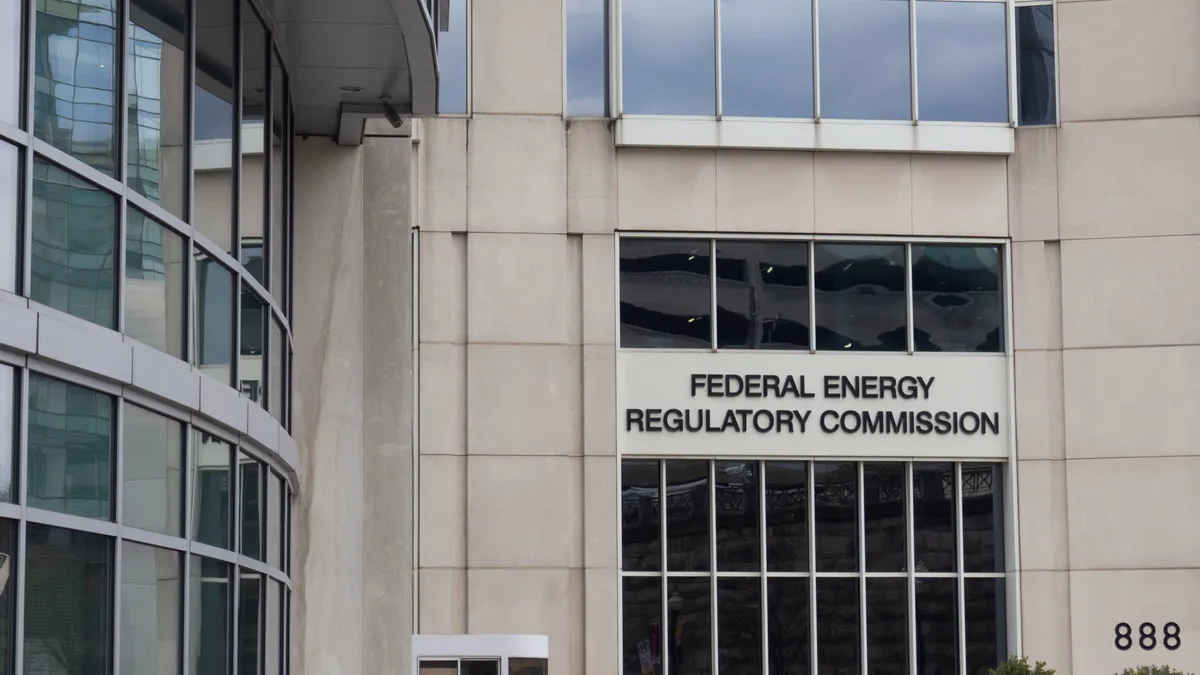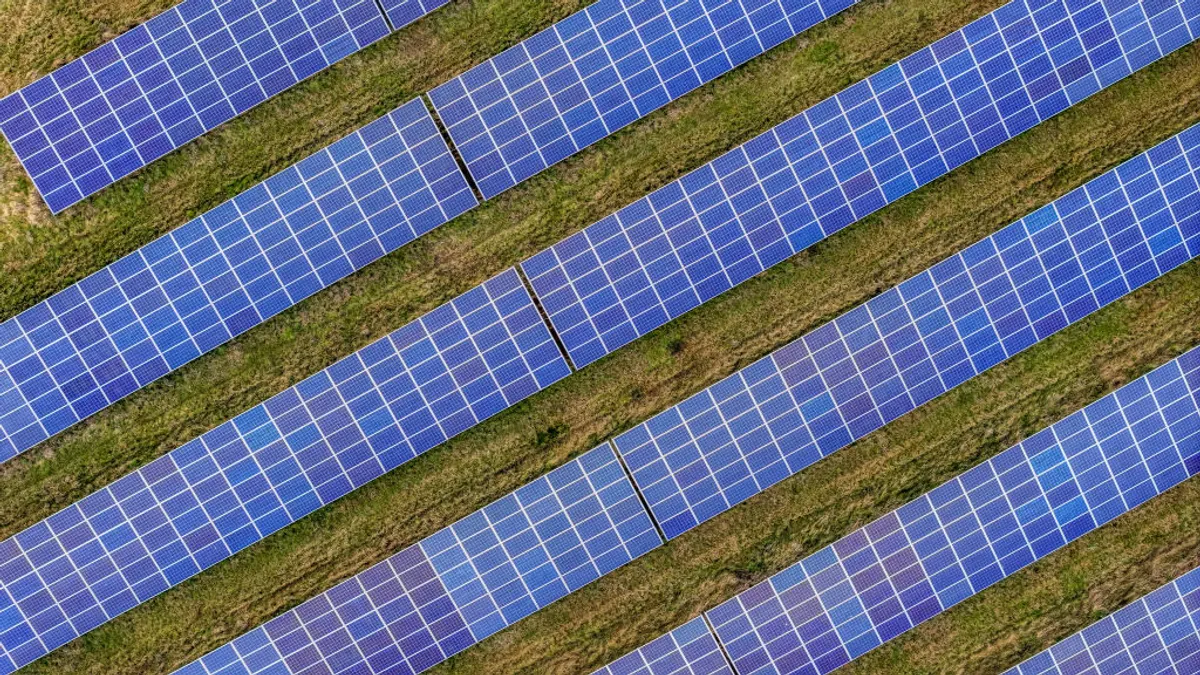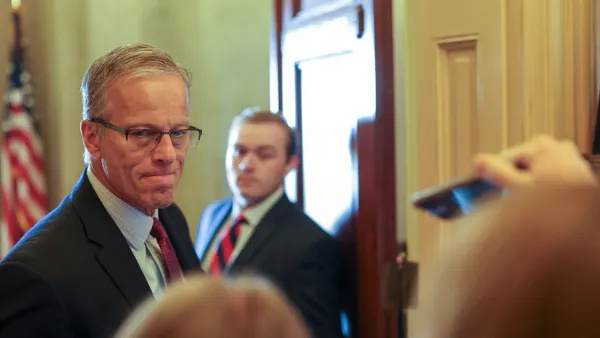Dive Brief:
-
Detroit-based DTE Energy filed an updated renewable energy plan Tuesday with the Michigan Public Service Commission. The company is proposing to add about 350 megawatts of renewable power to its generation capacity over the next two years and is asking the commission to approve a still-to-be-determined surcharge to customer bills for the increase in clean power.
-
The company said it plans to ask the commission later this year to approve contracts for a wind project and two solar projects it has selected through a recent request for proposals (RFP) process. Details of that RFP were not included and are expected to be discussed in upcoming hearings. In the meantime, DTE said the plan as filed models the output of the company’s previously proposed Meridian Wind Park it wants to build in Midland and Saginaw counties.
- The plan also includes a detailed breakdown over the coming decade of DTE Energy’s projected increases in wind, solar, biomass and other renewable sources, and whether the company is proposing to build and own the generation or purchase it from competitive suppliers.
Dive Insight:
The additional capacity of the proposed wind and solar projects will mean DTE is in full compliance with Michigan’s current 15% renewable energy standard, the company said in a statement.
The cost of the additional capacity, whether built by third parties or the company, is the next focus for stakeholders, and the company has already begun talking to others about how it can improve its competitive bidding process.
Margrethe Kearney, a Michigan-based senior staff attorney with the Environmental Law and Policy Center, headquartered in Chicago, said the company has reached out to the ELPC for feedback on how to improve its RFP process.
“We are encouraged by this,” she said. “What remains to be seen in this renewable energy plan case is how well DTE structured its RFP, if it was fair and reasonable and if it allowed for participation by smaller, independent power producers.
“I think what DTE has filed demonstrates that the costs for solar that the company was assuming [previously] were much higher than the cost you will see through a competitive bidding process.”











